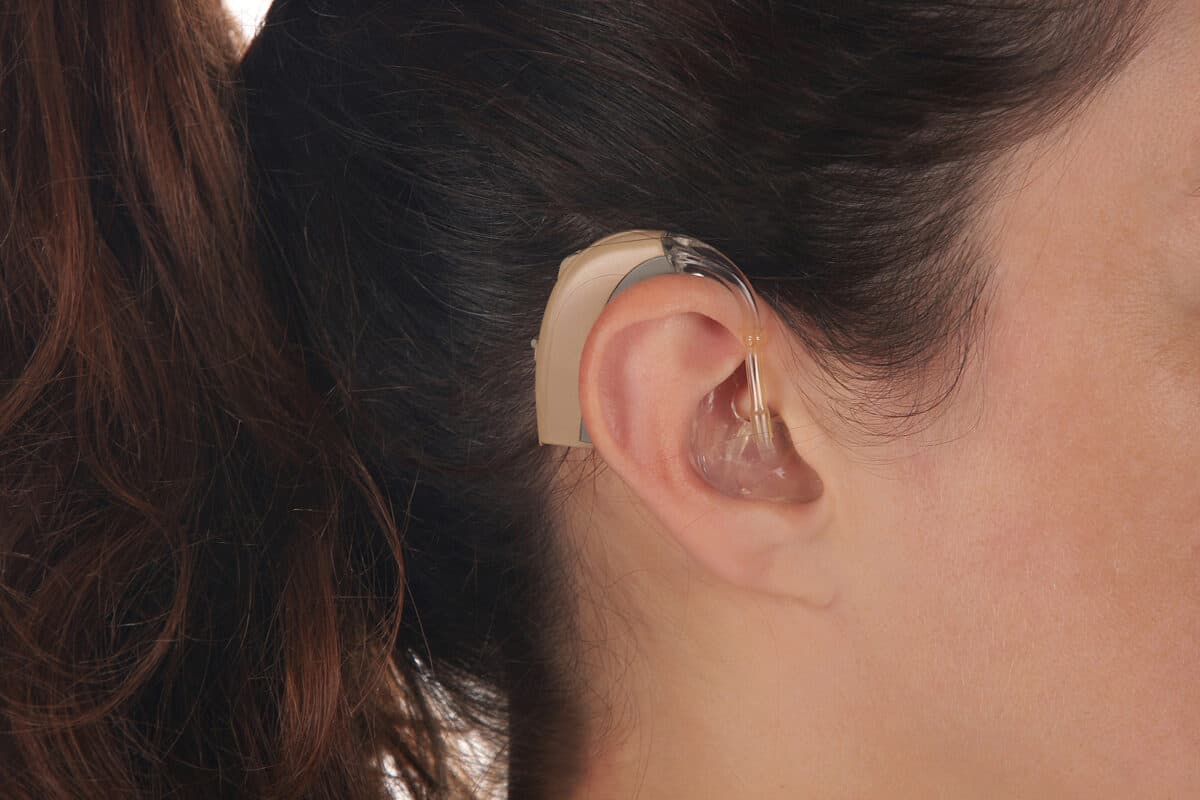
Hearing Aids vs. Hearing Amplifiers
When the time comes to get assistance with your hearing, it makes sense to explore all of your options. When you first start looking at the possibilities, you might find that the range of options for features, functionality, and price are too many to comprehend. Alongside professional hearing devices that are dispensed by an expert you can find basic units that can be purchased over the counter. Some of these devices are called “hearing amplifiers” rather than hearing aids, and they perform quite a different function for the user. Let’s explore the difference between these two types of assistive technology to help us understand the difference in price. Ultimately hearing amplifiers can cause more harm to your hearing, far offsetting any savings you might see on the price tag.
What are hearing amplifiers?
If you are looking for hearing help, your first search is likely to show a wide range of options, some of which you can buy at big box stores or through online retailers. Some of these are called “hearing amplifiers” rather than hearing aids, and they work quite differently. These devices can include a microphone in a device that connects to a pair of headphones or earbuds. Sometimes they even look like hearing aids, with the microphones included in the devices. What makes them different from hearing aids is the process of audio transformation. Hearing amplifiers use a microphone to capture the sound in the world. They take that signal and use an amplifier to boost the volume. That louder sound is played through speakers in the device or headphones that are attached. How is this different from modern hearing aids? Hearing aids transform the audio signal into something that enhances your individual hearing needs. Most who have hearing loss need more assistance with certain sounds compared with others. For instance, it is quite common to have trouble hearing higher frequencies while being fully able to hear lower tones without assistance.
What’s the problem with hearing amplifiers?
When you use a device to boost the sound in the entire spectrum of hearing, you can do much more harm than good. First of all, hearing the entire spectrum of sound at a louder volume can sound very muddy and can make communication very difficult. Background noise will be amplified alongside the sound of human voices, making it nearly impossible to hear what others have to say. The sounds that you are already able to hear will be amplified to a much louder volume, and that sound will compete with the range of sounds that are difficult to hear according to your own hearing loss. The result can be a communication environment that is even more difficult to decipher than trying to talk without a hearing amplifier. In addition to these practical concerns, hearing amplifiers can do further damage to your hearing. By boosting the volume on sounds that you can already hear, they are projecting high-decibel audio signals into your ears. That exposure to noise can actually cause hearing damage in those ranges of hearing. Particularly if you wear a hearing amplifier for an extended period of time, you might find that you have ringing in your ears after using them. This ringing can be due to noise-induced hearing loss that occurs from such a loud sound in the range of sound that you can hear without assistance.
Why are hearing aids the way to go?
As opposed to hearing amplifiers, hearing aids are tailored to your individual hearing needs. Digital Signal Processors (DSPs) transform the audio in the world into something that you can hear and understand. Only the sounds that are difficult to hear are boosted in the resulting signal, creating a sonic profile that is easily understandable and that will not do further damage to your hearing. When you encounter this kind of sound, you will find that communication is enhanced instead of made more difficult, so the price of hearing aids equates to much better value than that offered by hearing amplifiers. When you consider the possibility that you would be causing additional hearing loss through these cheaper devices, the choice is clear. Contact us to learn more about the benefits of hearing aids and which models are right for your individual needs.
